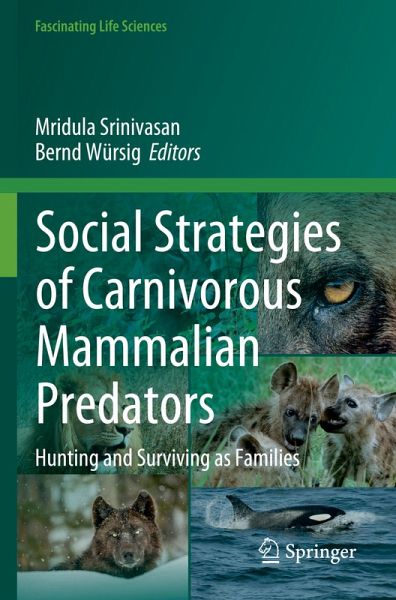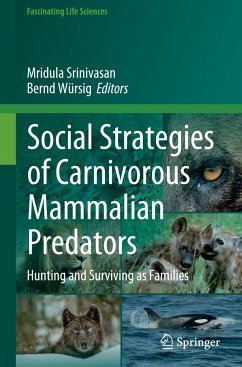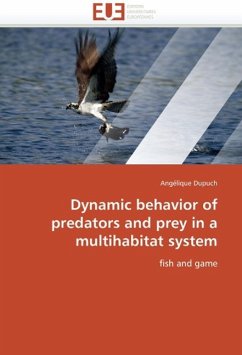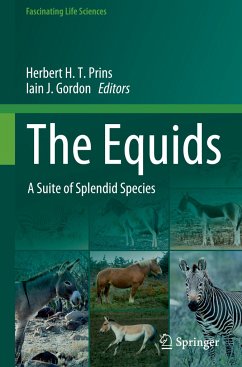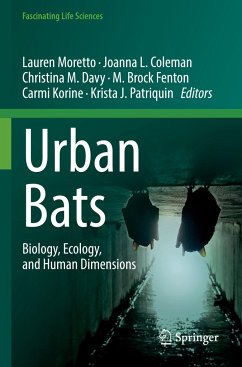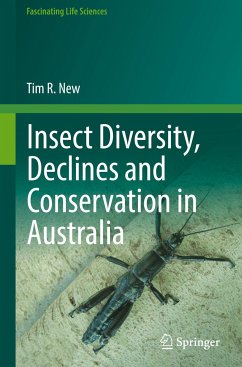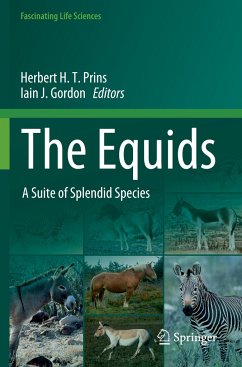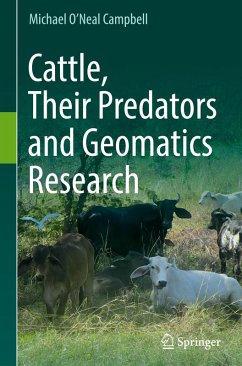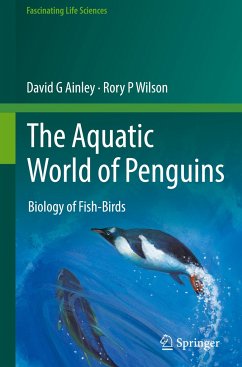Mridula Srinivasan has a doctoral degree (Ph.D., 2009) in wildlife and fisheries sciences from Texas A & M University, investigating predation risk effects from killer whales on the behavioral ecology of dusky dolphins off Kaikoura, New Zealand, using an individual-based model. Previously, she earned degrees in environmental management from Florida Tech (MS, 2001) and zoology & molecular biology (B.Sc. (Honors), 1997 and M.Sc., 1999), from the University of Delhi, India. Mridula has expertise and experience in ecological modeling, behavioral ecology, marine policy, assessing human and environmental change impacts on marine species, and community ecology - with a special interest in predator-prey interactions, predation risk, and risk effects. She is also actively involved in supporting international marine mammal science education, research, science capacity development, and providing technical advice to universities, government, and non-governmentalorganizations, especially in India. She is passionate about ocean literacy and mentoring the next generation of marine scientists. She has been with NOAA for nearly ¿¿12 years and is currently the Director, Marine Mammal and Turtle Division at NOAA Fisheries' Southeast Fisheries Science Center, where she oversees the marine mammal and turtle research enterprise engaged in producing applied science with significant conservation and societal impact. She was a 2009 NOAA Sea Grant Knauss Fellow at NOAA Research International Activities Office, 2017 US Department of State Embassy Science Fellow, and 2019 Scientific Committee for Ocean Research (SCOR) Visiting Scholar. Besides science, her other passions in life are to become fluent in Italian and to visit at least 100 countries. Bernd Würsig has degrees from Ohio State University (BS, 1971) and Stony Brook University (PhD, 1978); spent 3 years as an NIH/NSF postdoctoral fellow at University ofCalifornia at Santa Cruz (1978-1981), and 9 years going through the professor ranks at Moss Landing Marine Laboratories (1981-1989). He came to Texas A&M University as professor of marine biology in summer 1989. He is now Regents and University Distinguished Professor (Emeritus since Nov. 2016). He has taught courses in Marine Bird and Mammal Biology, Marine Vertebrates, Bio-Statistics, Behavioral Ecology of Cetaceans, and Study Abroad courses in Mexico, Greece, and New Zealand. Würsig has published over 200 peer review papers, chapters, and ten books; and been senior advisor to 70 graduate students and 14 movies on nature interpretation. As senior advisor, he was nominated for an Academy Award for an IMAX movie on dolphins. He, his students, and postdocs have studied marine mammal and sea bird foraging, sexual, and social ecology on all continents, with present work on social strategies of dusky dolphins in New Zealand and Indo-Pacific humpback dolphinsin Hong Kong. Recent books are "The Encyclopedia of Marine Mammals, Ed. 3" (Senior Editor, 2018), "Dusky Dolphins; Master Acrobats off Different Shores" (with Melany Würsig, 2010), "Ethology and Behavioral Ecology of Odontocetes" (Editor, 2019), and "Marine Mammals: The Evolving Human Factor" (with editor Giuseppe Notarbartolo di Sciara, 2022). He and Melany enjoy their gardens in New Zealand and the Arizona desert, marvelously-different biomes.
